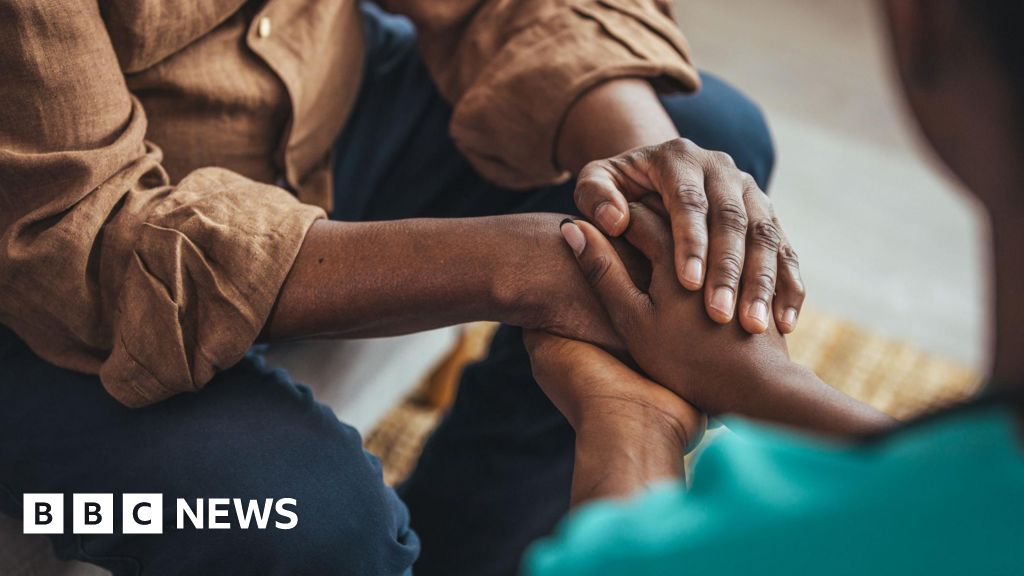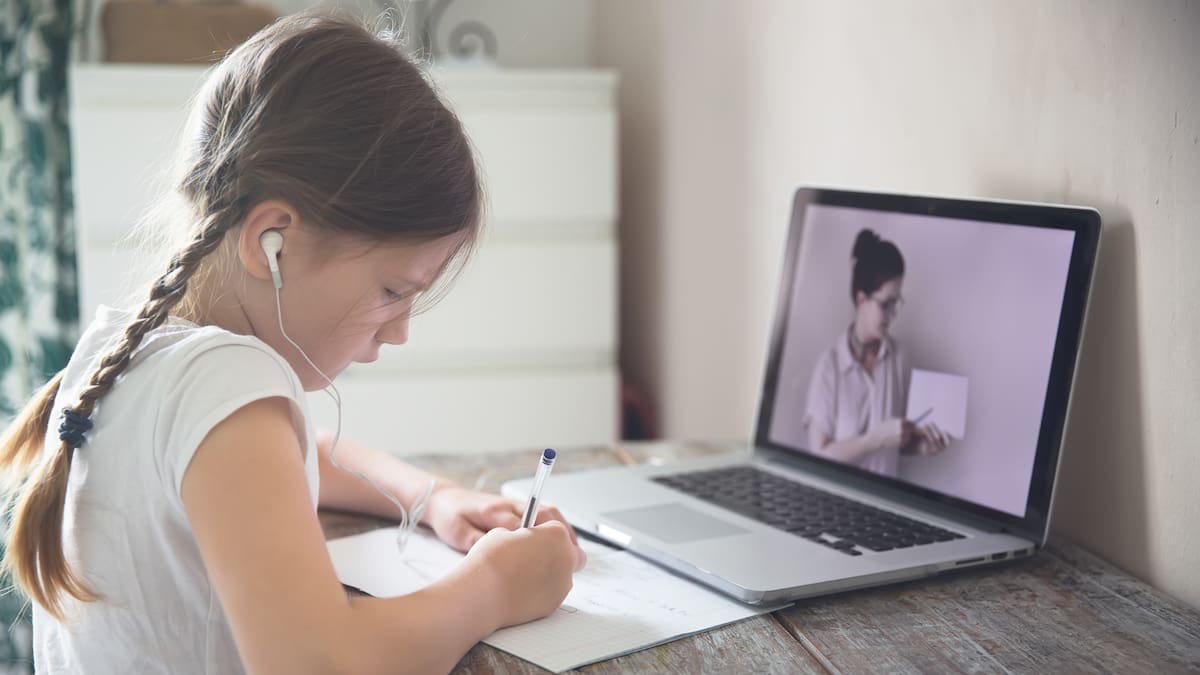Kiwi Kids Thrive: Sport & Exercise Linked to Better Mental Wellbeing

Keeping our kids active isn't just about physical health – it's a vital ingredient for their mental wellbeing too, according to new research. A recent study has highlighted a strong connection between participation in sports and exercise and a reduced risk of mental health challenges in young New Zealanders.
As Kiwi kids navigate the pressures of school, social life, and growing up, maintaining good mental health is more important than ever. This research adds weight to the growing body of evidence suggesting that regular physical activity can be a powerful tool in protecting young minds.
The Research Findings
The study, which tracked a large group of children over several years, found that those who regularly participated in sports or other forms of exercise were significantly less likely to experience issues like anxiety, depression, and low self-esteem as they transitioned into young adulthood. Researchers believe that the benefits stem from a combination of factors.
Firstly, exercise releases endorphins, natural mood boosters that can alleviate stress and improve overall feelings of happiness. Secondly, being part of a sports team or group fosters a sense of belonging and social connection, combating feelings of isolation and loneliness. Finally, achieving goals in sport – whether it's scoring a try, winning a race, or simply improving personal bests – builds confidence and resilience.
Why This Matters for Kiwi Families
For Kiwi families, these findings offer valuable insights. With increasing concerns about the mental health of young people, encouraging kids to get involved in sports and physical activity is a simple yet effective strategy. It doesn’t necessarily mean pushing them towards elite-level competition; even casual participation in activities they enjoy can make a difference.
“We’re not talking about becoming Olympic athletes,” explains Dr. Sarah McLeod, lead researcher on the study. “It’s about finding activities that kids genuinely enjoy and incorporating them into their regular routine. A kickabout in the park, a bike ride with friends, or even a brisk walk to school can all contribute to improved mental wellbeing.”
Practical Tips for Parents
- Encourage Exploration: Help your child discover activities they love. Try different sports, dance classes, swimming, or even just exploring the outdoors.
- Make it Fun: Focus on enjoyment rather than performance. Avoid putting too much pressure on your child to win or excel.
- Be a Role Model: Show your child that you value physical activity by being active yourself.
- Limit Screen Time: Encourage outdoor play and reduce time spent on screens.
- Talk About Feelings: Create a safe space for your child to talk about their emotions and any concerns they may have.
Looking Ahead
This research reinforces the importance of prioritising both physical and mental health in our children. By encouraging active lifestyles, we can help equip Kiwi kids with the tools they need to thrive, not just physically, but emotionally and mentally as well. It’s an investment in their future wellbeing and a key step towards building a healthier, happier generation of New Zealanders.






